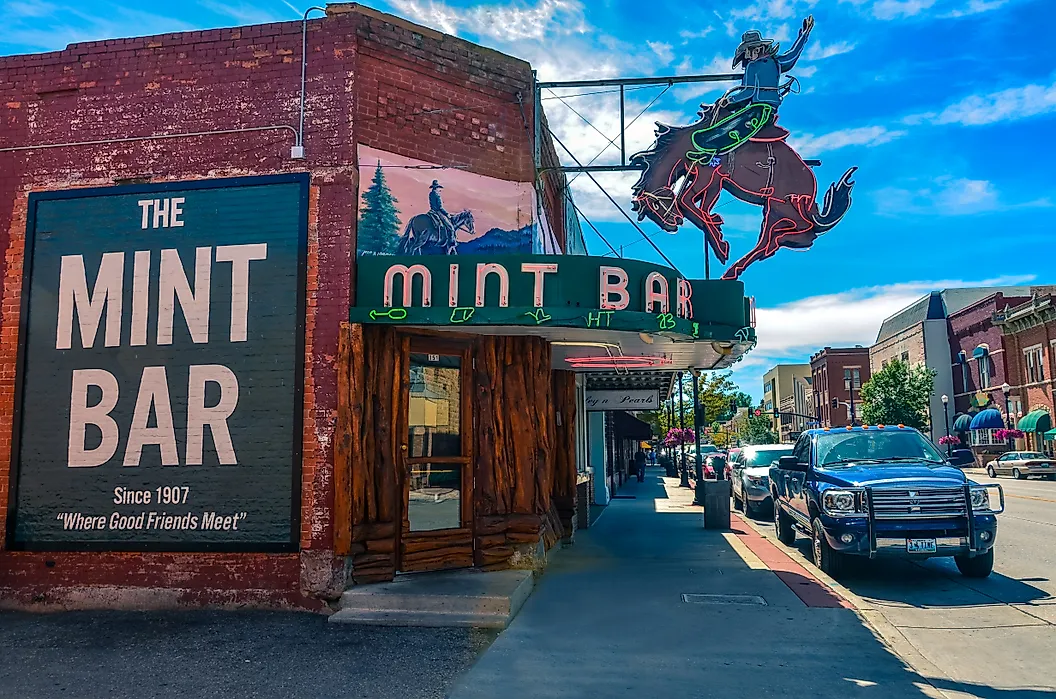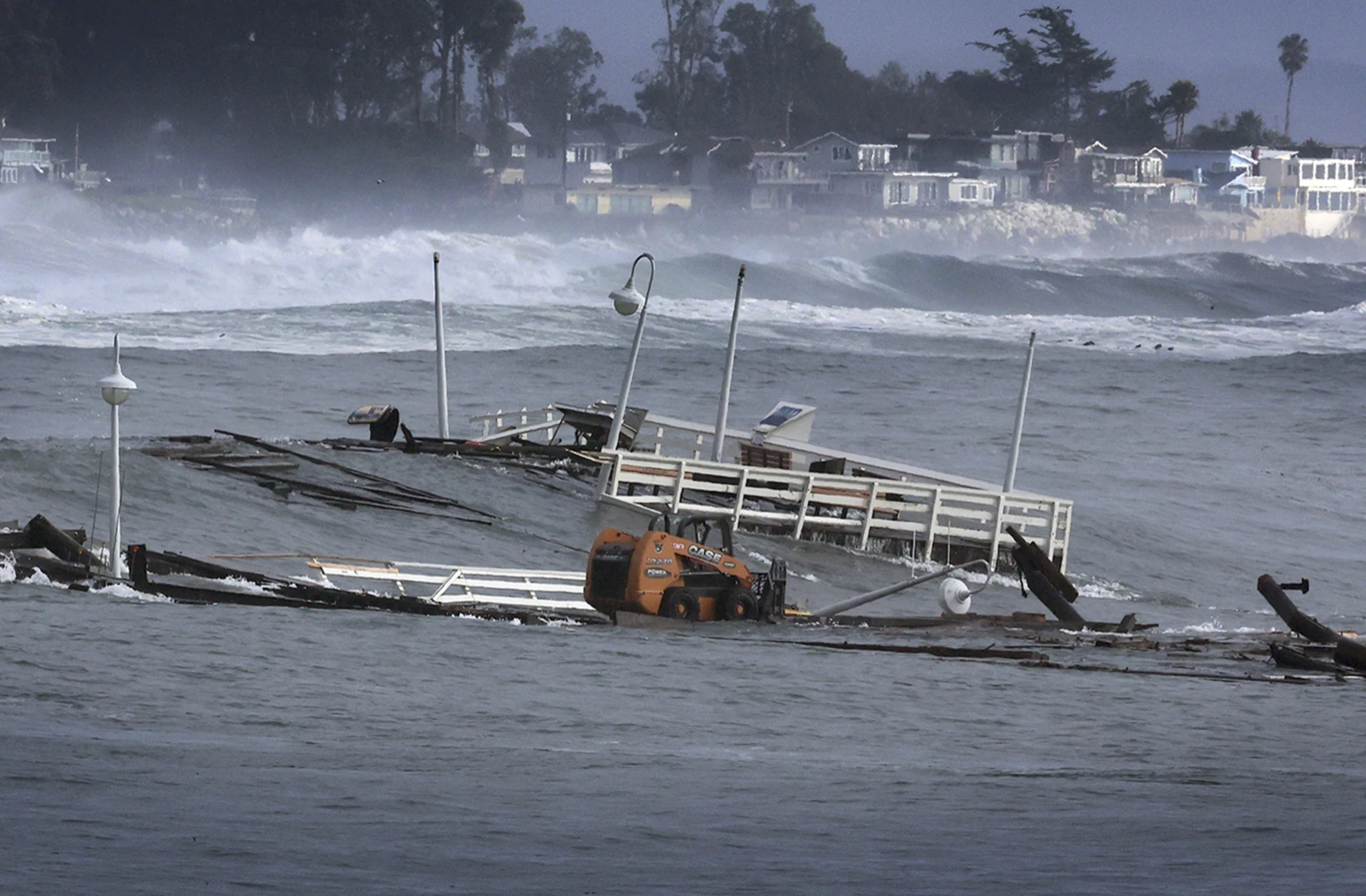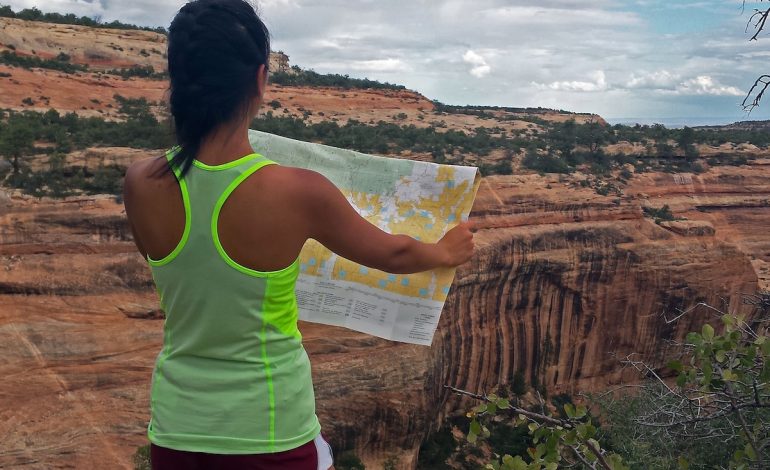A legal battle over federal land management is heating up as Utah’s lawsuit to claim 18.5 million acres of federally managed land has drawn support from Wyoming’s governor, key legislators, and US Rep. Harriet Hageman.
This represents a shift in Wyoming’s stance, which previously aligned against such efforts. The US Department of Justice (DOJ), however, opposes the lawsuit, urging the Supreme Court to reject Utah’s claims.
Utah’s lawsuit argues that the federal government should transfer control of unappropriated lands—those without a specific Congressional designation—to the state, asserting that prolonged federal control violates constitutional principles. Gov. Spencer Cox of Utah and a coalition of Western states, including Idaho, Alaska, and Wyoming, argue that the Bureau of Land Management’s (BLM) control hampers state sovereignty and economic potential.
The DOJ has countered with a 41-page brief, citing past legal opinions, including those from former Wyoming officials, to assert that Utah’s legal basis is weak. The department contends that the Constitution grants Congress authority over federal lands and that the courts lack the power to compel land transfers. Furthermore, federal attorneys argue that Utah’s claim is outdated, as the land in question was acquired over 175 years ago, and statutory deadlines for such suits expired long ago.
Wyoming’s current support contrasts with previous opposition. In 2016, former Wyoming Attorney General Peter Michael, along with other Western attorneys general, concluded that Utah’s legal theories were unlikely to succeed. Former Assistant AG Jeremiah Williamson described Utah’s arguments as legally flimsy, a stance now cited by the DOJ.
However, Gov. Mark Gordon, US Rep. Harriet Hageman, and others have recently joined Utah’s cause. Hageman, in particular, likens federal land control to an “occupation” and argues that transferring land to state control would enhance local management and accountability.
Critics, including conservation groups, see Utah’s lawsuit as a “land grab” that could set a dangerous precedent. They fear it could lead to the privatization and commercialization of public lands. Julia Stuble of the Wilderness Society criticized Gov. Gordon for supporting the lawsuit, warning that it could undermine public input on land use decisions.
On the other hand, proponents of the lawsuit argue that state management would improve land stewardship by addressing issues such as wildfires, invasive species, and economic development more effectively than federal agencies.
The outcome of Utah’s lawsuit could have far-reaching consequences for federal land management across the West. With nearly 70% of Utah’s land under federal control, the stakes are high. If the Supreme Court takes the case, it could redefine the balance of power between federal and state governments regarding land use, potentially affecting millions of acres of public land in the West.









